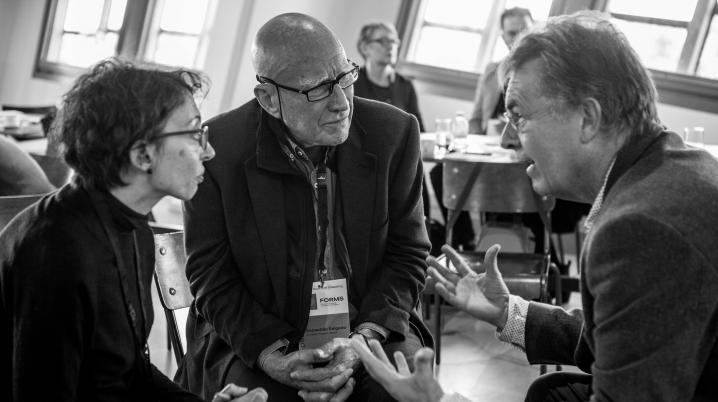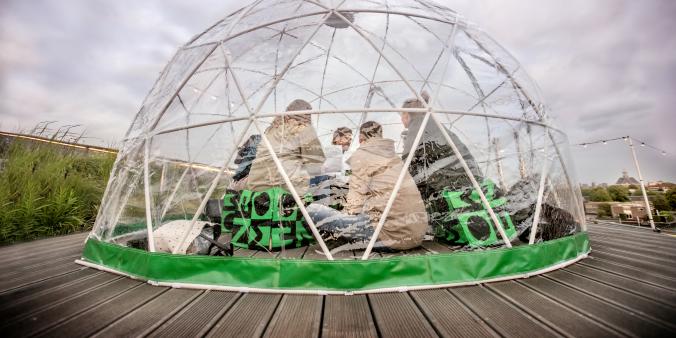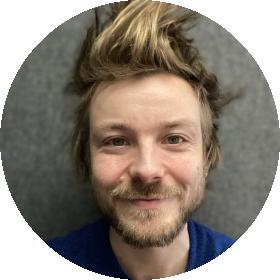
Steps ahead
After discovering many of the network's shared values during the first gathering at the NEMO Science Museum in Amsterdam, generosity perhaps best describes the spirit of the emerging community of Future-Oriented Museum Synergies (FORMS). DutchCulture, as a founding member of the network, was proud to help facilitate the first meeting and is eager to aid museums that aim to be driving forces in reaching the UN's Social Development Goals. In 2020, we hope to build on the enthusiasm of these top-level institutes and we look forward to exploring where we can continue to contribute.
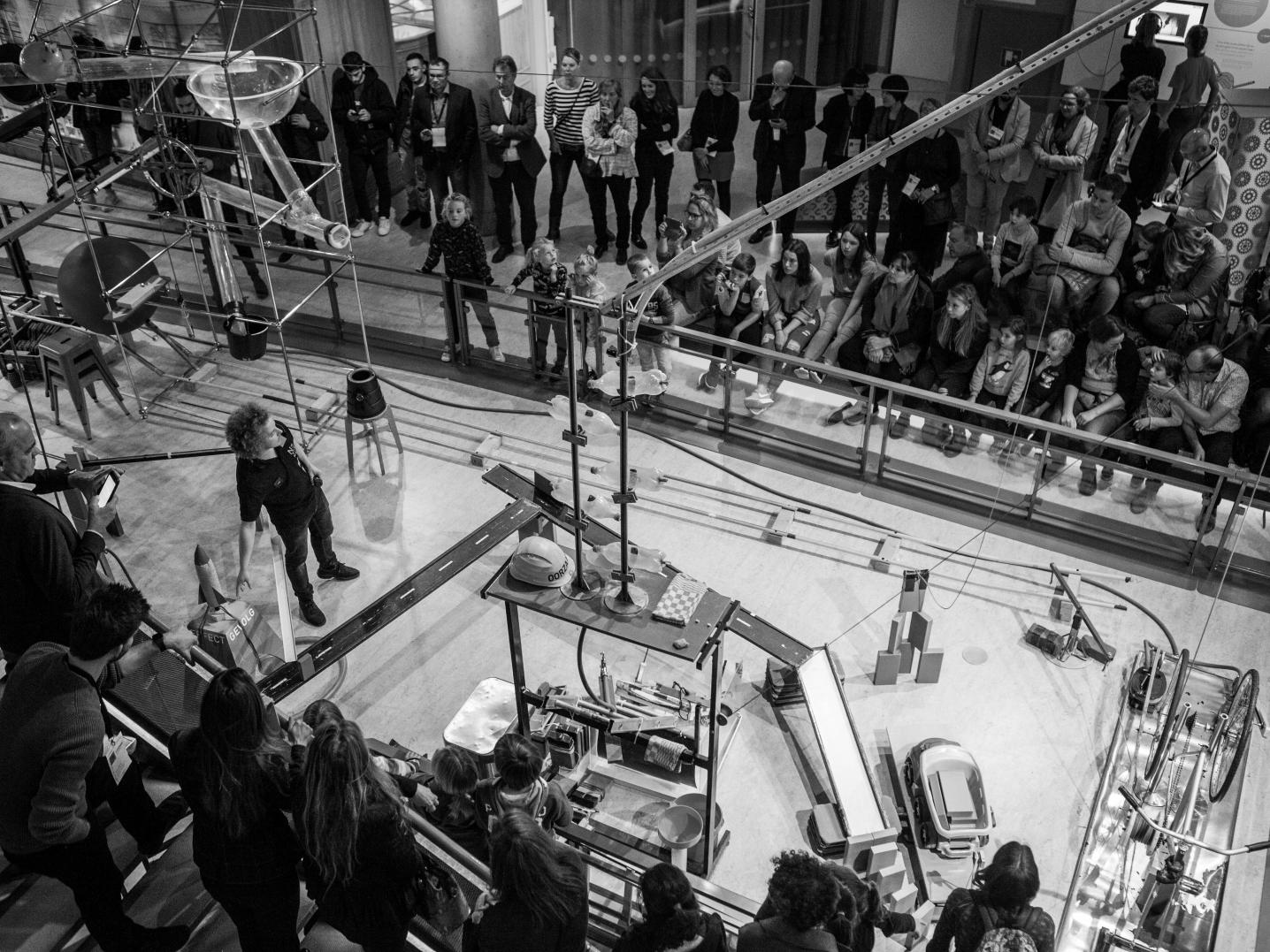
Opportunities
MOTI, short for Museum of Tomorrow International, was born within the Museum of Tomorrow (Museu do Amanhã) in Rio de Janeiro to develop international cultural projects guided by the museum's values: sustainability and conviviality. As a founding member of MOTI, DutchCulture contributed to setting up FORMS, starting with this first-ever meeting October 28 and 29. Among the many represented museums and institutions that comprise the newly-formed FORMS network are Museum of Tomorrow (Rio de Janeiro), Futurium (Berlin), the UN Live Museum (Copenhagen), Fundesplai (Barcelona) and NEMO Science Museum (Amsterdam).
From Brazil, the celebrated photographer Sebastião Salgado participated and gave an inspiring call to action to the defence of the rainforests of the Amazon. By showing his project 'Amazonia' - created in more than 6 years time in the middle of the Amazon among some its last indigenous communities - he made a passionate plea to the network to direct their attention to protecting the planet's richest ecological heritage.
There is indeed a great opportunity for FORMS to coordinate a global action campaign on how it sets out to achieve change and which strategies it wants to employ. As a new decade approaches, we consider October's meeting an important starting point to start working together towards greater social impact and action towards a more united planet. After the success of this initial kick-off meeting in Amsterdam, MOTI is currently preparing for its second meeting to take place in Berlin in 2020, upon the invitation of Futurium and financed by the BMW Foundation.
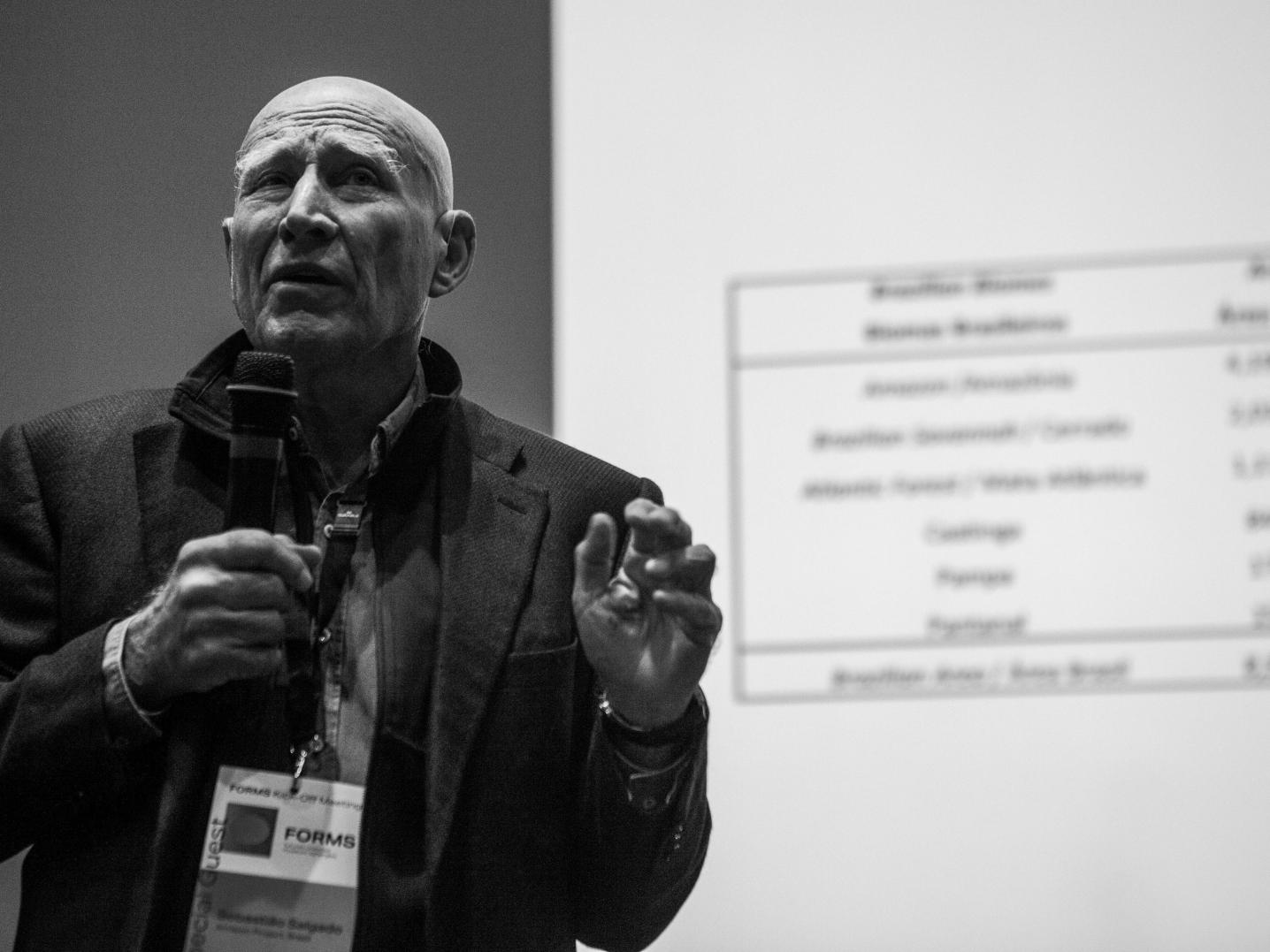
Recent developments
One of the key issues addressed by the network was the concept of Futures Literacy, which is described as "...the capacity to use-the-future for different reasons, using different methods, in different contexts. Since 2012, UNESCO has been deploying a double-edged strategy that simultaneously explores the attributes of FL while demonstrating its crucial role as one of the most effective approaches to addressing humanity’s challenges. This work as a global laboratory of ideas has enabled UNESCO to show that by becoming more futures literate people and communities able to both perceive and act in new ways."
In this regard, there was an exciting follow-up last week as UNESCO organized a Global Futures Literacy Design Forum in Paris on Monday. Riel Miller, head of Futures Literacy, who spoke to the attending participants during the FORMS meeting and is one of the main drivers behind the proliferation of the concept as a capacity for learning among institutions.
During the FORMS meeting in Amsterdam Loes Damhof, Futures Literacy expert at the Hanzehogeschool Groningen, introduced the network to the concept. You can read an article she co-authored on the topic here. In 2020, we are eager to deepen our knowledge further when it comes to the theory and practice of Futures Literacy, so as to explore what contributions we can make with it from our particular role within the cultural ecosystem.
In general, with the Netherlands' new framework for international cultural policy currently in the pipelines, DutchCulture recognizes that the FORMS network help us acquire important knowledge and new insights on how to channel the energies of the cultural and creative sectors towards achieving the UN's Sustainable Development Goals. Inspired by the partners met and the skills shared in this network, we are eager to learn and create positive change in 2020.
Read our interview with Michiel Buchel, director of NEMO Science Museum, ahead of the FORMS meeting here.
FORMS-member the Climate Museum in New York has opened up space for researching the links between climate change and social justice in the form of two fellowships, one post-doctoral and one pre-doctoral.
